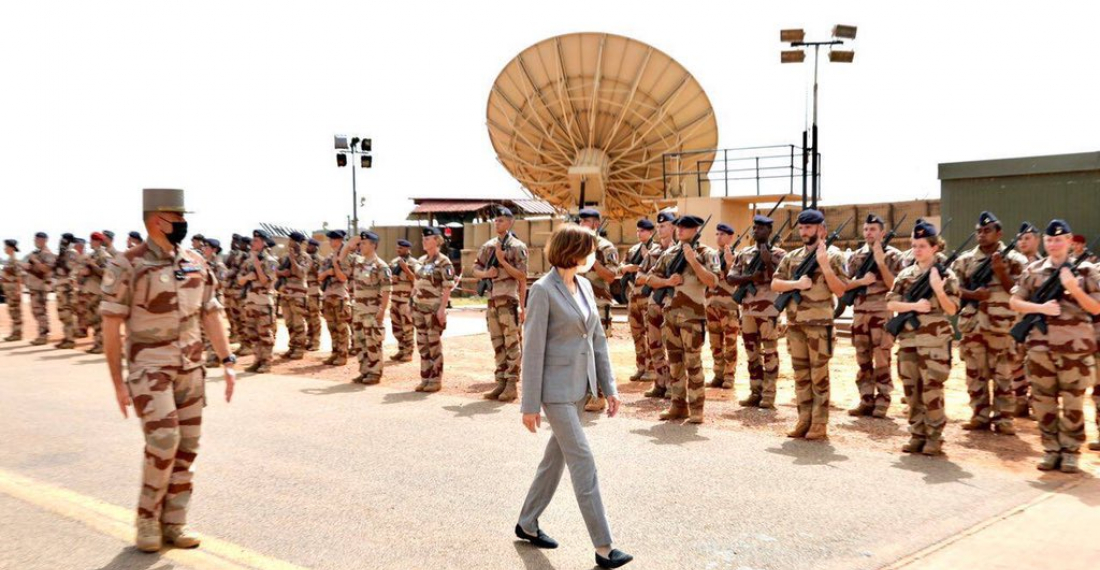The French Armed Forces Minister, Florence Parly, is expected in Mali today (20 September), amid reports that the transitional government, dominated by the military since the coup d'état in May, is considering recruiting mercenaries from the Russian paramilitary company Wagner. Ongoing talks between Mali and the Russian company have created tensions with Paris, which is reducing its military presence in the country.
"My objective is to succeed in clarifying the position of the Malian authorities and to reiterate messages", explained Florence Parly before meeting her Malian counterpart, Colonel Sadio Camara. "We will not be able to co-habit with mercenaries," she warned.
The head of French diplomacy, Jean-Yves Le Drian, had already warned last week that a recourse to Wagner to train the Malian armed forces and ensure the protection of the Malian leaders would be "incompatible" with the maintenance in Mali of French troops, who have been fighting the jihadists in the Sahel for eight years. Germany has also warned that the conclusion of such an agreement with the Russians "would call into question" the mandate of its army in Mali.
Wagner, Russian private company suspected of belonging to a businessman close to the Kremlin, Evgueni Prigojine, has already concluded a contract with the Central African Republic way back in 2018, and it has subsequently been accused accused of abuses and looting of mining and customs resources .
But the Malian government retorted in a statement on Sunday that it would not allow "any state to make choices for it, let alone decide which partners it can call on or not."
"There are partners who have decided to leave Mali to fall back on other countries, there are areas that are abandoned," Mali's prime minister, Choguel Kokalla Maïga, argued on Thursday.
France is currently re-structuring its military presence in Mali and the Sahel region into a smaller, more focused presence that will concentrate on targeting terrorist leaders and cadres, and support the local military forces. It plans to reduce its military presence from the current levels of about 5,000 men to somewhere between 2,500 - 3,000 by 2023.






